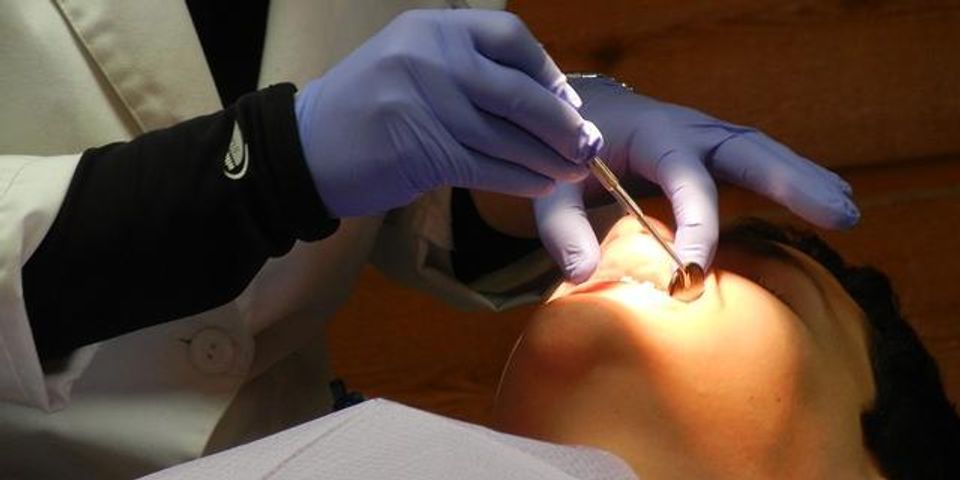TMJ or Lockjaw? Anchorage Dentist Explains How to Spot the Symptoms

TMJ (temporomandibular joint) syndrome and lockjaw are two different conditions, however, they both can cause pain in the jaw, and one may actually be a result of the other. Gregory T. Grubba, DDS of Anchorage, AK, offers expert dental care for any condition, including TMJ and lockjaw.
While you should see a doctor for either condition, it’s important to know the symptoms to distinguish among these two medical problems. Dr. Grubba explains what to look for:
- Symptoms Of TMJ Syndrome: While jaw pain or stiffness could be signs of either TMJ or lockjaw, many patients with TMJ also experience other jaw-related symptoms, such as popping or clicking sounds. You may also experience headaches or ear pain with TMJ.

- Symptoms Of Lockjaw: Lockjaw, or tetanus, is a bacterial disease for which most people are immunized in the U.S. As a result, few people are diagnosed with the disease, but it can still occur when unvaccinated individuals come into contact with the bacteria. Patients with tetanus can experience stiffness in the jaw muscles within three days to three weeks after contracting the infection. Other symptoms include fever, all over muscle soreness or stiffness, and spasms. Also, be sure to note that a stiff jaw alone, which is also sometimes referred to as lockjaw, can be a result of TMJ.
- Treatment: Patients who think they may have TMJ should seek dental care. The dentist office of Gregory T. Grubba, DDS offers individualized treatment options for jaw misalignment resulting from TMJ and can help ease jaw pain. Patients experiencing fever, body aches, or any other symptoms in addition to jaw pain should seek immediate medical attention as they may need a tetanus vaccine.
If you live in the Anchorage, AK, area and would like to schedule an appointment with the office of Gregory T. Grubba, DDS to discuss treatment options for your jaw pain, call (907) 562-1958. Visit the website for more information.
About the Business
BUSINESS
Dentistry
Gregory T. Grubba, DDS
4200 Lake Otis Pkwy., Anchorage, AK 99508
Have a question? Ask the experts!
Send your question

